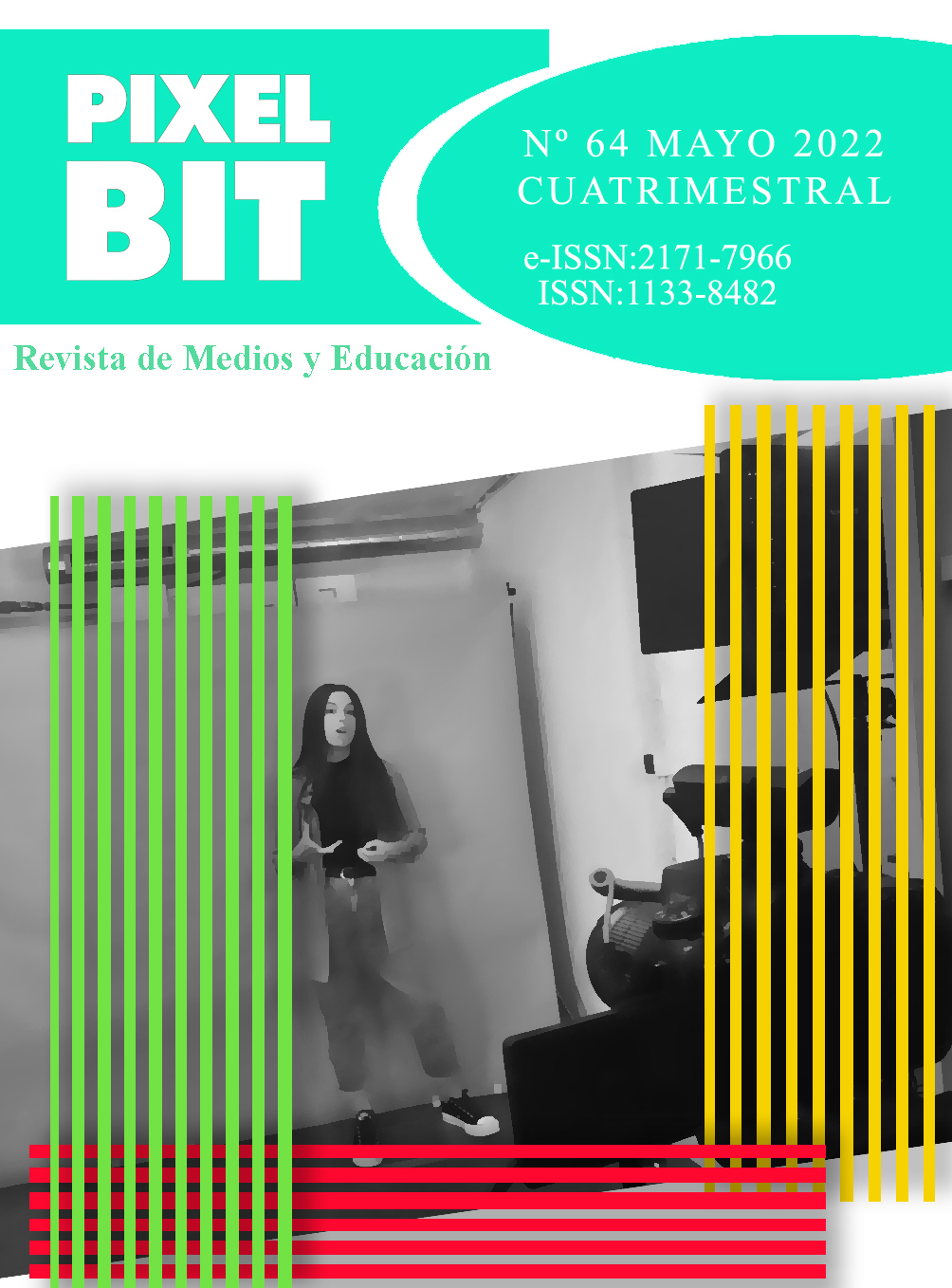Resumen
El presente artículo recoge una investigación sobre el proceso de autoinclusión digital de mujeres de zonas rurales extremeñas. El objetivo central es identificar los facilitadores de inclusión de las mujeres rurales en las tecnologías digitales, abordando la autodefinición sobre el nivel de autonomía en el manejo de estos medios, y la existencia de diferencias en la percepción sobre estos facilitadores en función de la edad. Para ello, se parte de un enfoque cuantitativo y una metodología descriptiva, mediante la aplicación del Cuestionario SIRWOP a una muestra aleatoria de 400 mujeres (entre 15 y 75 años) de entornos rurales situados en la provincia de Cáceres. Los resultados obtenidos, revelan diferentes niveles de autonomía, donde las mujeres jóvenes con más estudios e ingresos presentan un mejor desempeño tecnológico. También, se observan diferencias en la valoración de los posibilitadores para el uso de las tecnologías, así las mujeres jóvenes cuentan con un mayor apoyo del entorno. En general, existe una percepción positiva sobre los aspectos facilitadores de inclusión digital, destacando el apoyo de familiares, y un mejor acceso a las tecnologías. Para concluir, se ofrecen orientaciones dirigidas a la promoción de medidas enfocadas al desarrollo de habilidades digitales avanzadas y usos rutinarios.

Esta obra está bajo una licencia internacional Creative Commons Atribución-NoComercial-SinDerivadas 4.0.
Derechos de autor 2022 Pixel-Bit. Revista de Medios y Educación

